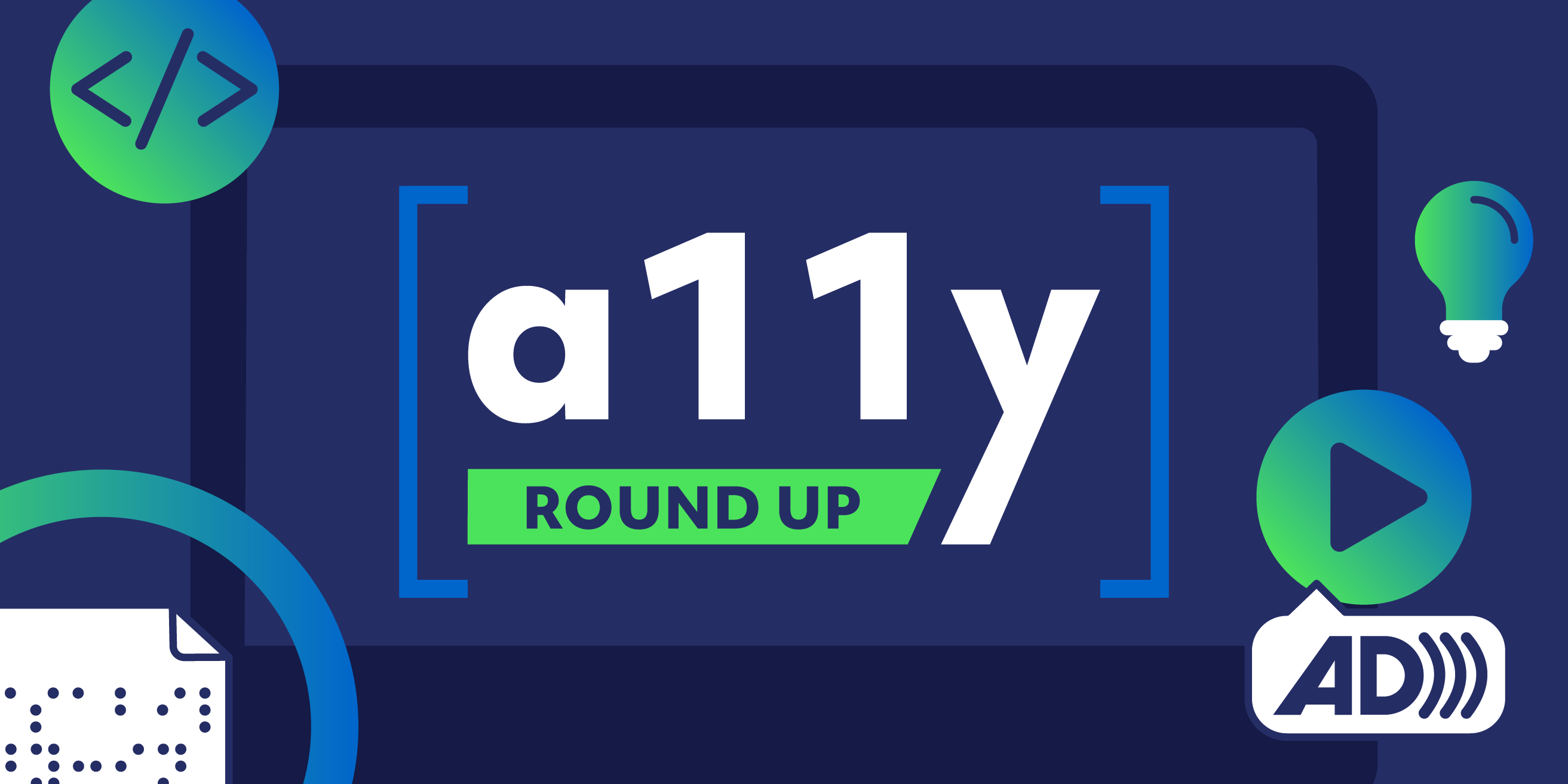One in five adult Americans has a disability. 35% of these people are of prime working age, and the total discretionary income held by them amounts to $21 billion. Despite having considerable economic power, people with disabilities remain largely unexplored as a consumer segment.
The reasons for this are many – legacy architecture and technical debt for one, lack of representation in C-suites for another. However, one of the more complex causes rising to the fore is the unavailability of accessibility-friendly vendors.
The decision to offer more accessible services and technical support for assistive technologies aren’t issues that can be settled in silos – there must be a company-wide culture change. Sometimes even more than that. These changes are harder to make if the software you buy isn’t accessibility-friendly. At first glance, it seems like the market should be crowded with such IT vendors, given the boom in the industry over the past few years. The reality is unfortunately different.
It can be quite complex for FIs, especially smaller ones, to find the right vendors to partner with. For one, it can be hard to find the right information around procuring accessible products. This is because these insights are locked inside organizations that have larger networks or prior experience in such procurement.
Furthermore, a lack of representation of people with disabilities in boardrooms and C-suites keeps these concerns from being raised where it matters most. If we think about it, when products are inaccessible, reporting their inaccessibility can also be similarly challenging. All of this works in tandem to keep the cycle of inaccessible financial products on the market going.
I have good news!
Recognizing these challenges and bringing the potential of industry-wide partnerships and culture-change to the stage, Disability:IN is a non-profit dedicated to disability inclusion and accessibility. With its new B2B initiative called Procure Access, the firm has brought the likes of Google, Merck, Microsoft, Twitter, and Salesforce together on the issue of centralizing accessibility and digital equality. The Procure Access Statement encourages companies to procure and sell technologies (as well as other products and services) that are accessible, usable, and inclusive to people with disabilities.

